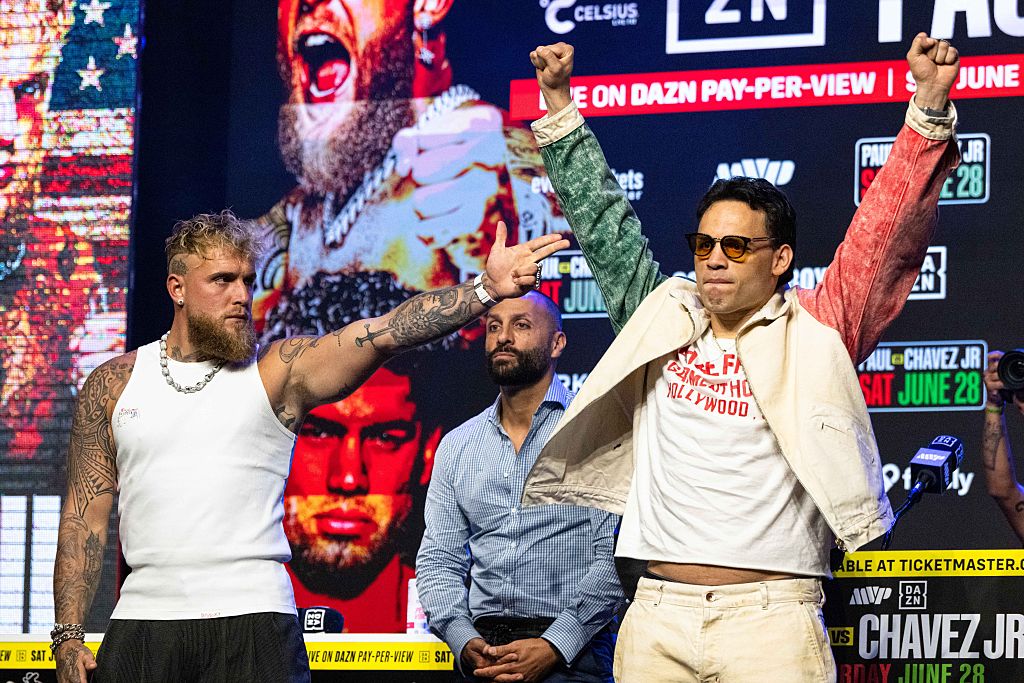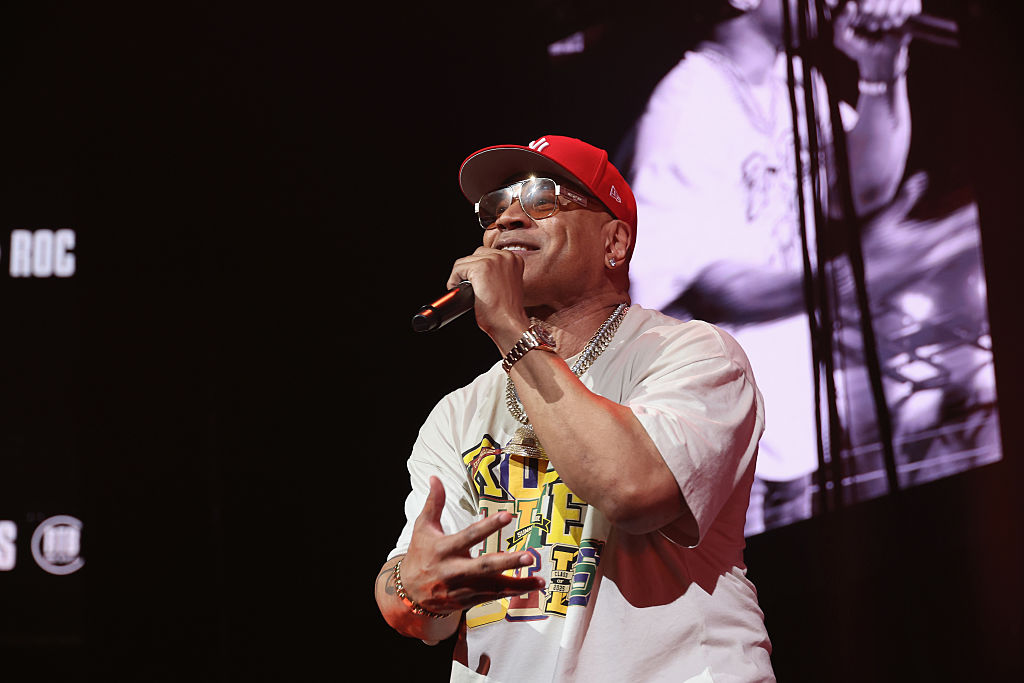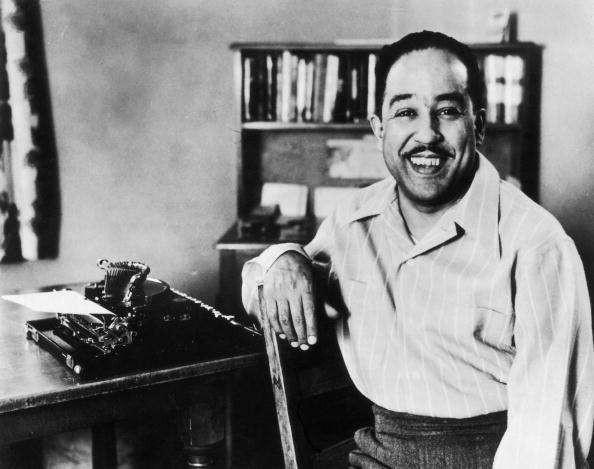
Source: Hulton Archive / Getty
UPDATED: 5:30 p.m. ET, Jan. 31, 2025
Saturday marks what would have been the 124th birthday of Langston Hughes, who is not only proof that the power of the written word has persisted throughout history, but also, arguably, that the literary contributions during the world-famous Harlem Renaissance changed the publishing game forever.
Hughes was one of the undisputed leaders of that group of renowned Black icons, including acclaimed musicians, dancers, artists, fashion designers and stylists, writers, politicians and scholars. Therefore, it is fitting that Hughes’ birthday would coincide with the start of Black History Month, forever an unavoidable collision of Black excellence to kick off 28 full days of cultural commemoration.
And what better way to mark the start of Black History Month than by celebrating Hughes’ words in print as well as those he spoke during his life, which began on Feb. 1, 1902, in Joplin, Missouri. No matter the form in which his words have been eternally preserved, Hughes’ quotes are something we all need, especially in 2025.
Hughes’ road to Harlem — where he would become a pioneering writer and poet alongside the likes of Zora Neale Hurston, Wallace Thurman, Claude McKay, Countee Cullen, Richard Wright and many others — is legendary.

Portrait of Langston Hughes. | Source: Lincoln University / Getty
Hughes was first published in 1921 “The Crisis,” which was the official magazine of the National Association for the Advancement of Colored People, which went on to become more commonly referred to as the NAACP. He would go on to release a collection of poems all throughout the 1920s that included “The Weary Blues, “Fine Clothes to the Jew,” “The Negro Mother and Other Dramatic Recitation,” “Dear Lovely Death” and “The Dream Keeper and Other Poems.”
He also wrote novels and short stories like “Not Without Laughter,” “Laughing to Keep from Crying,” “Simple Speaks His Mind” and, one of his most famous, “The Ways of White Folks.”
Hughes’ work was deeply political and unapologetically Black, as shown by the following brief passage that was published in The Nation in 1926.
“The younger Negro artists who create now intend to express our individual dark-skinned selves without fear or shame. If white people are pleased we are glad,” Hughes wrote at the time. “If they are not, it doesn’t matter. We know we are beautiful. And ugly, too. The tom-tom cries, and the tom-tom laughs. If colored people are pleased we are glad. If they are not, their displeasure doesn’t matter either. We build our temples for tomorrow, strong as we know how, and we stand on top of the mountain free within ourselves.”
Many African American visionaries, including Hughes, uprooted themselves from the United States and moved to Paris due to the heated racial climate in America. They felt like their work was more appreciated in Europe than at home and believed that Paris afforded them more opportunities to further their careers.
Hughes’ former home in Harlem was ultimately designated to be a national landmark; one of 22 American sites with Black cultural significance that the African American Cultural Heritage Action Fund has actively worked to protect and preserve.
Hughes died May 22, 1967, following complications after abdominal surgery related to prostate cancer. He was 65 years old.
Hughes’ legacy still lives on. His work has been featured in films, plays and music and remains a staple in American culture, especially in the Black community.
See some of his most iconic words below, which are still very much relevant in 2025.
1.
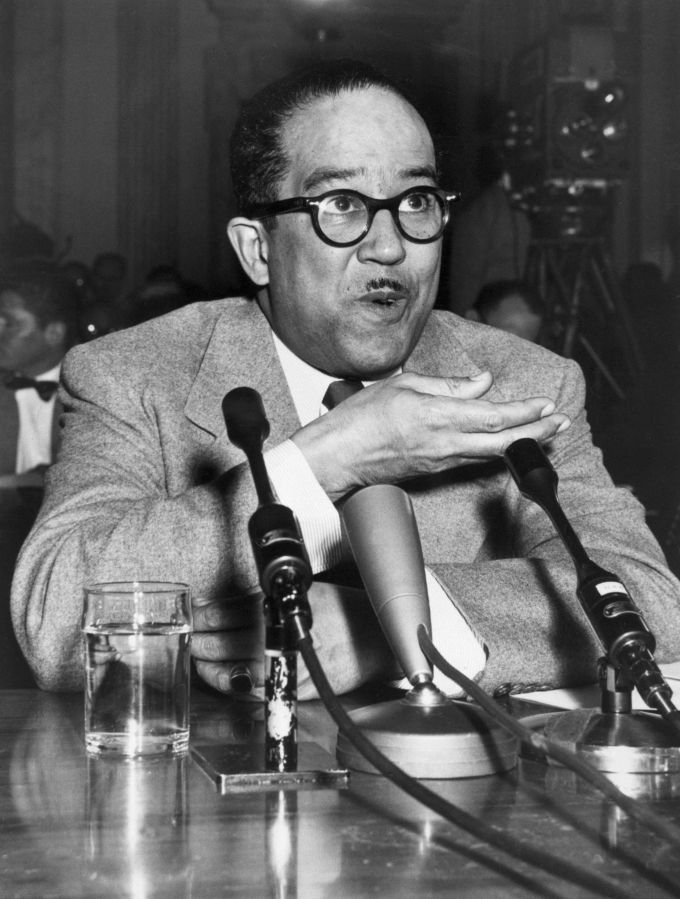 Source:Getty
Source:Getty
“Without going outside his race, and even among the better classes with their ‘white’ culture and conscious American manners, but still Negro enough to be different, there is sufficient matter to furnish a Black artist with a lifetime of creative work.”
2.
3.
4.
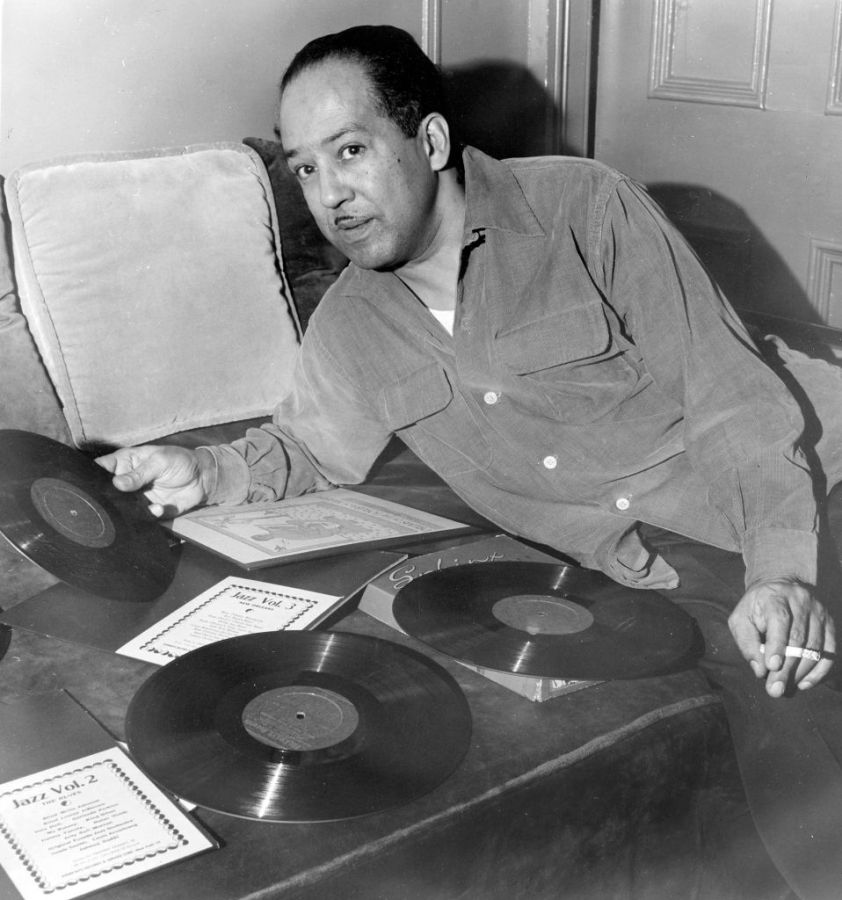 Source:Getty
Source:Getty
“Even the ‘Negro’ shows like ‘Amos and Andy’ and ‘Beulah’ are written largely by white writers – the better to preserve the stereotypes, I imagine.”
5.
6.
7.
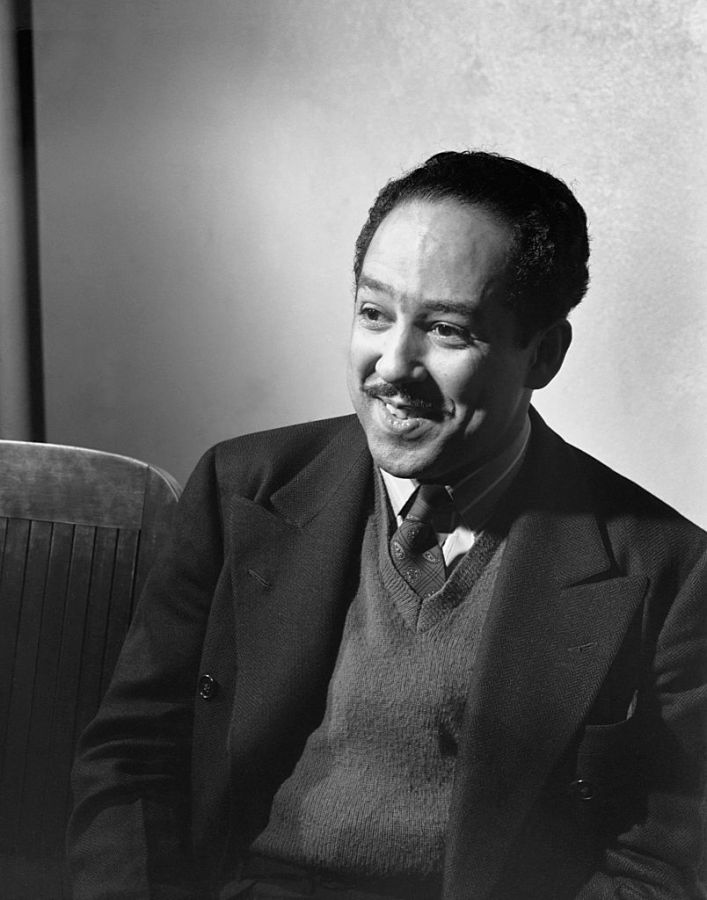 Source:Getty
Source:Getty
“My chief literary influences have been Paul Laurence Dunbar, Carl Sandburg, and Walt Whitman. My favorite public figures include Jimmy Durante, Marlene Dietrich, Mary McLeod Bethune, Mrs. Franklin D. Roosevelt, Marian Anderson, and Henry Armstrong.”
8.
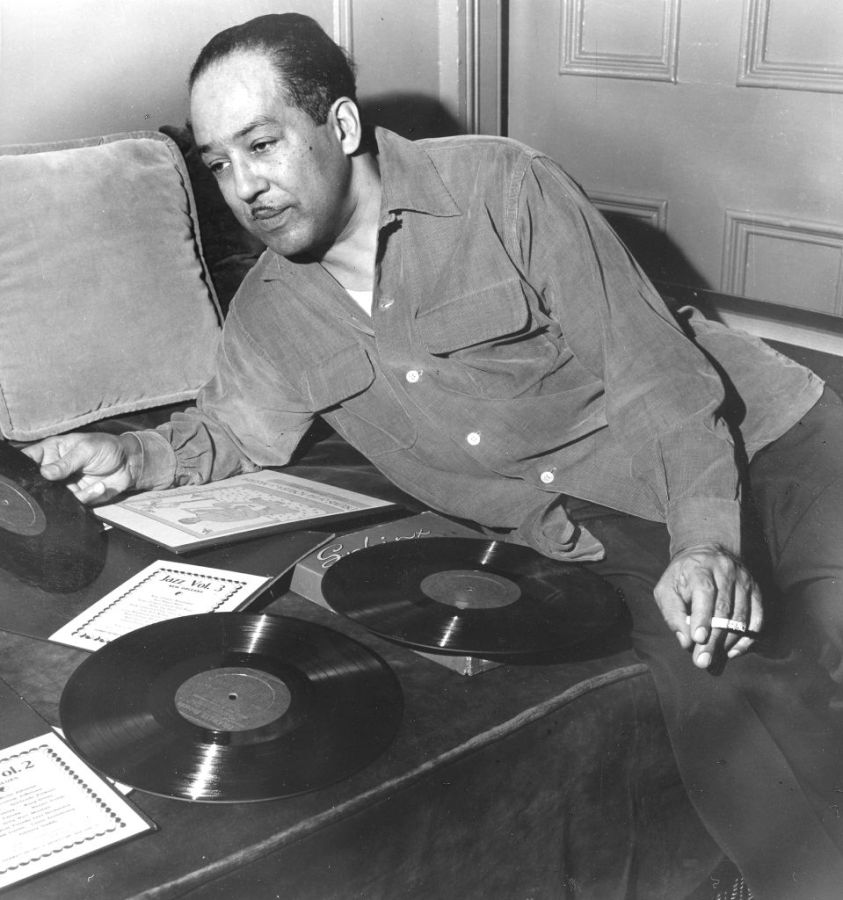 Source:Getty
Source:Getty
“I stuck my head out the window this morning and spring kissed me bang in the face.”
9.
 Source:Getty
Source:Getty
When you turn the corner
And you run into yourself
Then you know
that you have turned
All the corners that are left.
10.
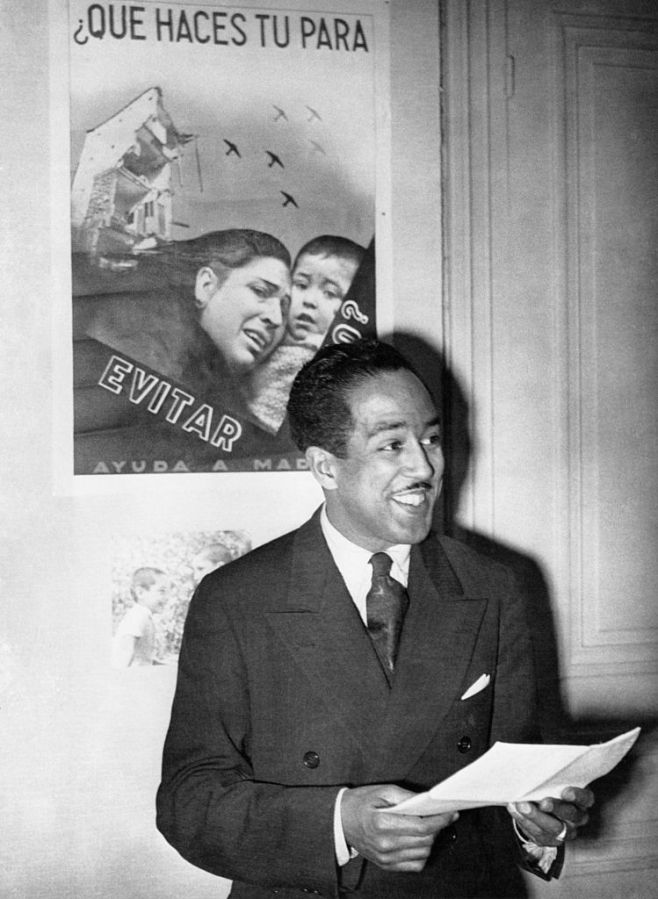 Source:Getty
Source:Getty
Hold fast to your dreams, for without them, life is a broken-winged bird that cannot fly.








